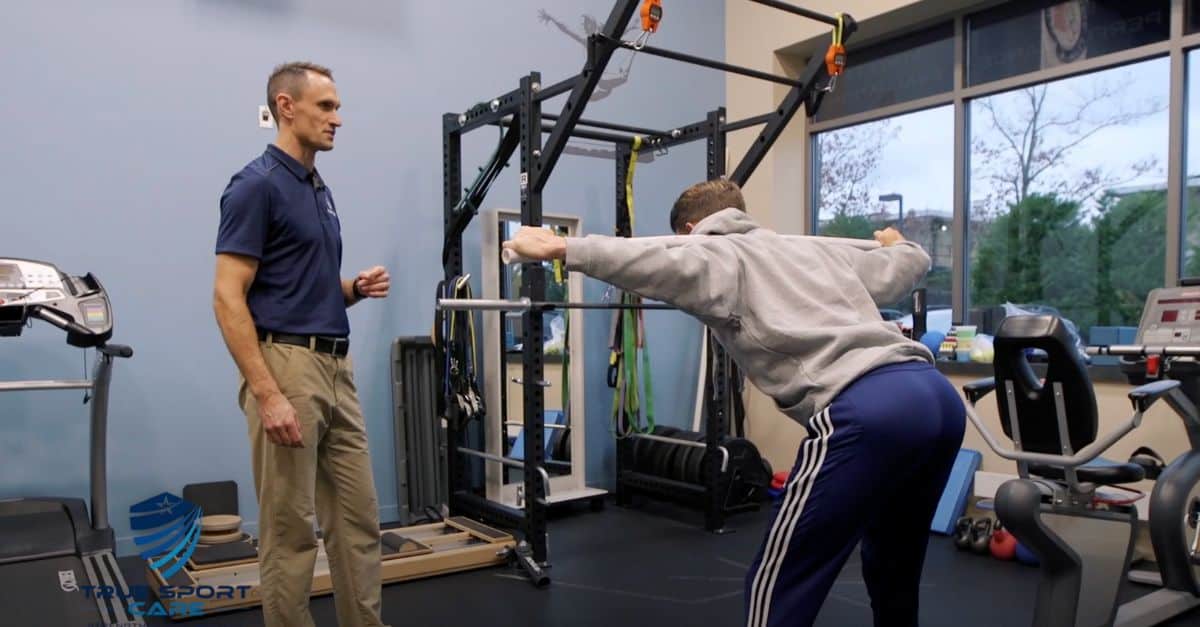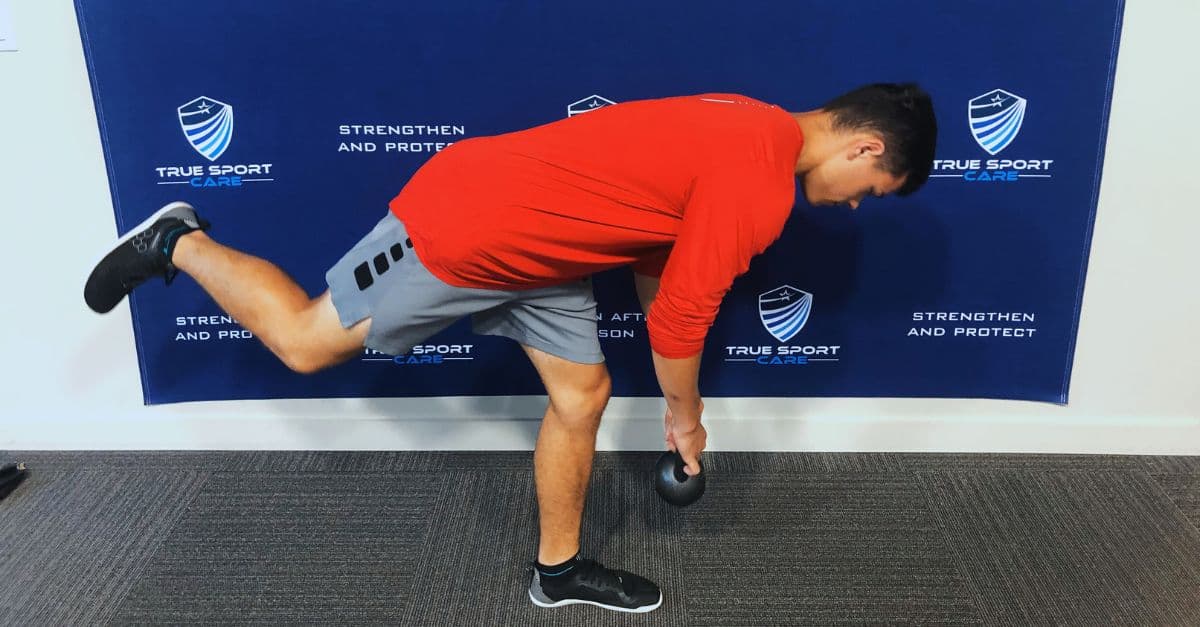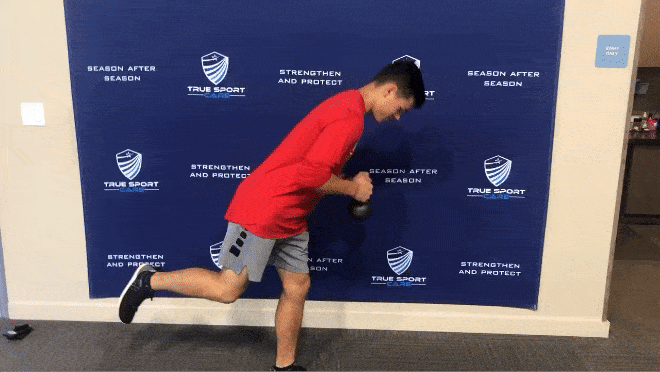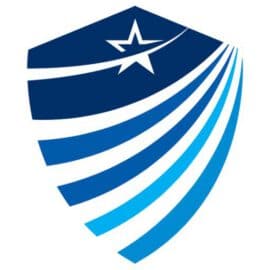I am long removed from the world of high school sports, but I still get the same feeling now that I did back then once August hits. I was a soccer and basketball player, so my primary seasons occurred in Fall and Winter. Travel soccer typically wrapped up at the end of June and we would get all of July off to relax and enjoy summer. But once August struck- I knew what was coming. The two-a-days in the summer heat, the heavy practice schedule and a LOT of coach yelling at us about how we were out of shape (and trust me, we were).
Now, if I knew back then what I know now, I would have used my time more effectively to prepare for the upcoming season. Maybe if I did, I wouldn’t have been sidelined constantly with a variety of sports injuries, or maybe I would have been a better player and reached the next level. Regardless, I now spend much of my July and August at local schools and gyms speaking with coaches and athletes about the importance of using the off-season for injury management and prevention.
*Fine print: I know that the intro made it sound like this article is specific to high school athletes, but it is not. This applies to those of you gearing up for marathon training, pickleballers heading into tournament season, golfers heading out for a big golf trip in a few months or even just a weekend warrior returning to activity after some time off. If any of those apply to you, keep reading!*
How to Prepare for Your Best Season Yet

1. Get assessed by a sports medicine professional before the start of the season
Of course, my number one tip has to be a bit biased towards what I do, right? Now is the time to get assessed and here is why:
- Heal and address past injuries to prevent recurrence.
The off-season is a GREAT time to work through any of those nagging injuries that you have been noticing. Anything that had to be taped, braced or “extra” stretched in warm-ups needs to be assessed and addressed. I always stress to my patients that there are two types of rest: plain old rest and quality rest. It breaks my heart when a patient tells me that they avoided their sport for months to rest their injury, and upon return, they were right back in pain again. Oftentimes, it can be difficult to “rest” an injury away and that is because you are not addressing the root of the issue. The purpose of an assessment is to figure out WHY that injury occurred, and what has to be corrected to ensure it does not return again. - Prevent Injuries that can sideline you during the regular season.
I also must stress the importance of being assessed even in the absence of pain or injury. If you have been treated by one of the True Sport Care docs, it is likely that you said something along the lines of “I didn’t even know that hurt” or “I had no idea that was an issue”. The patient may feel fine, but upon exam, we may notice that their right side is far stronger than their left. Or maybe one hip is significantly tighter than the other. By finding and addressing these issues prior to being in-season, we can often prevent injury before it has a chance to occur. Waiting until you are in season to identify and correct these imbalances is much like a dog chasing their own tail – they might eventually catch it, but how much time did they waste doing so?

2. Build a strong foundation for your athletic season.
The off-season is also a great time to build your foundation, or as trainers often put it – own the basics. Consider the off-season “your foundation”, and your season “the house”. The more work you put into the foundation, the bigger and better the house can become competition season. For athletes in different sports, this will look different.
- Most often, I encourage my athletes to use this as a time to decrease weight in the gym and re-focus on their form.
- I often encourage runners to swim, bike and lift. I’ve sent soccer players to yoga and baseball players to pilates.
- This is a great time for athletes to get outside of typical training routines and cross-train the body in different planes.
- This is also a great time to let the brain rest and enjoy some downtime outside of their competitive training schedule.

A competitive weight-lifter recently told me that she loves her off-season because the training schedule is lighter. Since she doesn’t have early Sunday morning lifts out of season, she stays up late with her kids on Saturday nights watching movies and eating ice cream. The off-season isn’t completely about physical rebuilding, but the mental as well. Enjoying your downtime will allow you to refocus and be physically and emotionally fueled up for when the season returns. This is one that I cannot stress enough, and that I wish more people saw the value in.
There are not many things that we can guarantee when it comes to training and sports. We can never promise somebody that they won’t get hurt or that they will have a record-breaking season, but we can do everything possible to prepare them for success. The athletes I see who take the time and energy in the off-season to prepare even minimally have far better outcomes than those who don’t.
If you find yourself in a training gap, I encourage you to get assessed and address any findings. An ounce of prevention is worth a pound of cure…. And better yet, it may even lead you to your best season yet!
Schedule Your Off-Season Athletic Evaluation
Boost your athletic resilience with a head-to-toe assessment, personalized program, and expert guidance. Our pre-season athlete evaluation brings you the kind of support that professionals and Olympians rely on, designed to nurture a smarter body, prevent injuries and achieve peak in-season performance.


